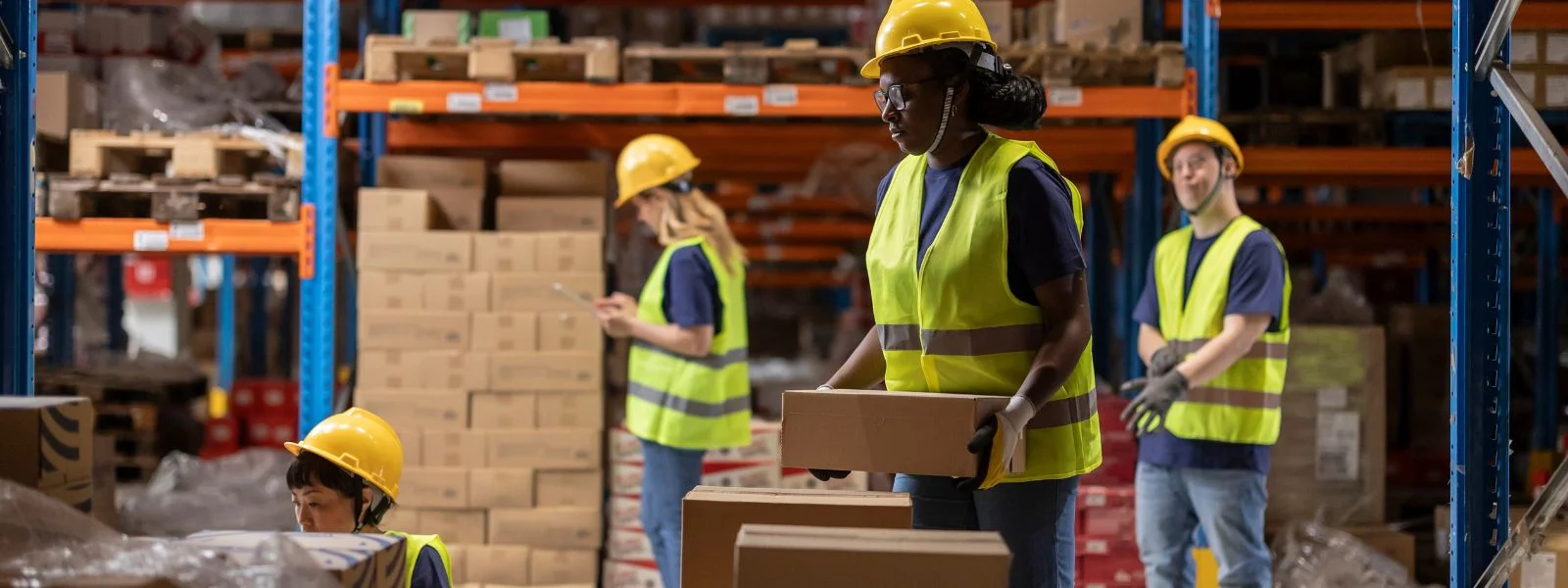With rising pressure from regulators, investors, and customers, logistics companies are under increasing scrutiny to reduce emissions, cut waste, and meet ESG (Environmental, Social, and Governance) mandates.
But here’s the challenge: achieving sustainability goals while managing tight margins and unpredictable market conditions can be daunting. That’s why more logistics leaders are turning to outsourcing - not just for cost efficiency, but to accelerate their green transformation.
The Sustainability Imperative
- Carbon Emissions: Logistics accounts for nearly 11% of global CO₂ emissions (IEA 2023).
- Regulatory Pressure: The EU’s Corporate Sustainability Reporting Directive (CSRD) and SEC climate disclosures require companies to report and reduce their environmental impact.
- Customer Expectations: Over 70% of shippers now consider sustainability a top priority when choosing logistics partners (McKinsey).
For logistics providers, this means that green operations are no longer optional - they are directly tied to competitiveness and brand reputation.
How Outsourcing Drives ESG & Greener Operations
1. Optimized Resource Utilization
Outsourcing partners use digital platforms, automation, and AI to reduce inefficiencies:
- Route optimization reduces fuel consumption.
- Automated documentation eliminates paper-heavy processes.
- Shared services consolidate operations, minimizing energy use.
Impact: Lower carbon footprint, faster turnaround, and cost savings.
2. Centralized Global Capability Centers (GCCs)
GCCs can manage compliance, data analytics, and sustainability reporting from a single hub:
- Consolidate ESG tracking for multiple regions.
- Generate real-time emissions dashboards.
- Ensure adherence to ISO 14001 and other global standards.
Impact: Streamlined reporting and proactive compliance with green mandates.
3. Circular Economy & Waste Reduction
Outsourcing partners often bring expertise in sustainable packaging, returns management, and inventory optimization - key components of a circular supply chain.
Example: Outsourced reverse logistics reduces product waste and enables refurbishment or recycling, improving both profitability and ESG scores.
4. Access to Green Innovation
Third-party providers often invest in cutting-edge technology - like electric fleet pilots, IoT-enabled sensors for temperature-controlled cargo, and blockchain for carbon tracking.
By partnering with them, logistics firms gain access to these innovations without heavy upfront investment.
Industry Trends & Data Points
- According to Deloitte: Companies that outsource logistics functions see up to 25% improvement in energy efficiency due to shared infrastructure and route consolidation.
- Gartner Prediction: By 2027, 60% of global supply chains will use digital twins to simulate and reduce environmental impact.
- World Economic Forum: Green supply chain initiatives could cut global emissions by 30–40% if widely adopted.
Real-World Examples
- DHL GoGreen Solutions: Offers outsourced carbon-neutral shipping options and advanced emissions tracking.
- Maersk ECO Delivery: Uses biofuel-driven shipping lanes to reduce emissions for shippers outsourcing ocean freight.
- Global 3PLs: Partner with manufacturers to design low-emission supply chains using alternative fuel fleets and automated scheduling.
Challenges to Address
- Vendor Selection: Not all outsourcing providers meet ESG standards - due diligence is key.
- Data Integration: Companies need seamless systems to consolidate sustainability data from multiple partners.
- Cost vs. ROI: Upfront investments in green solutions must be justified with measurable outcomes.
The Future: Outsourcing as a Sustainability Multiplier
The next decade will see outsourcing evolve from a cost-cutting measure to a strategic enabler of ESG transformation. Logistics companies that integrate outsourcing into their sustainability strategies will:
- Achieve net-zero faster through shared infrastructure.
- Improve ESG reporting accuracy with centralized compliance hubs.
- Build competitive advantage by offering greener supply chain solutions to customers.
